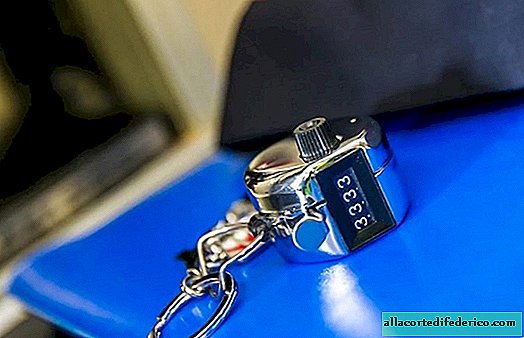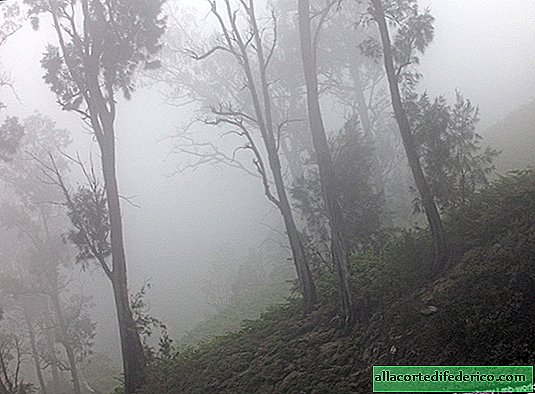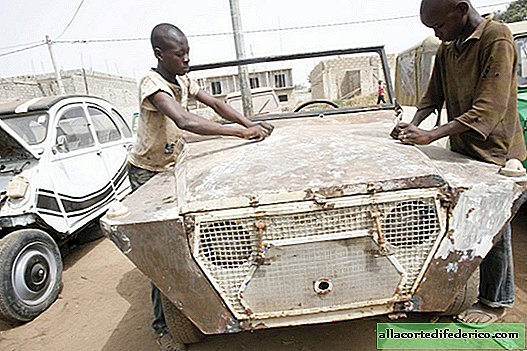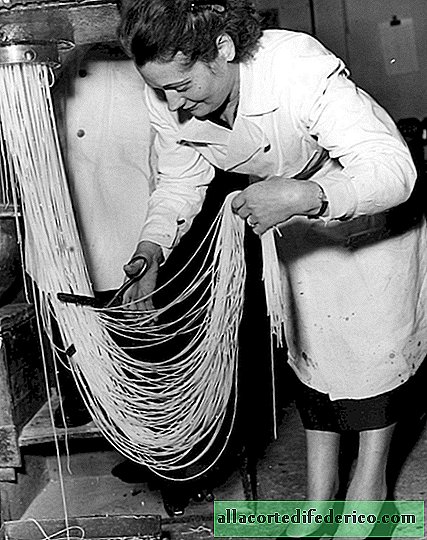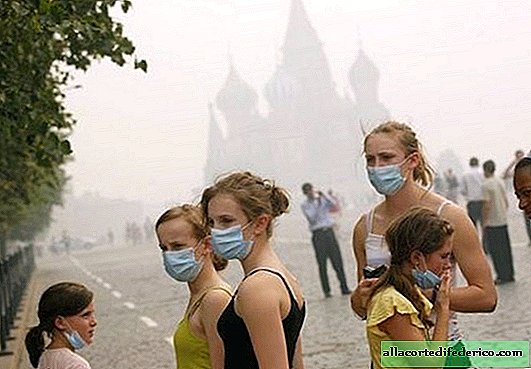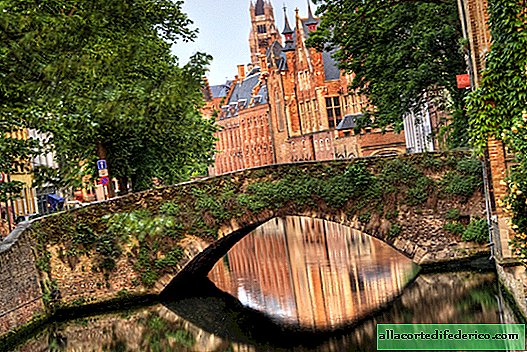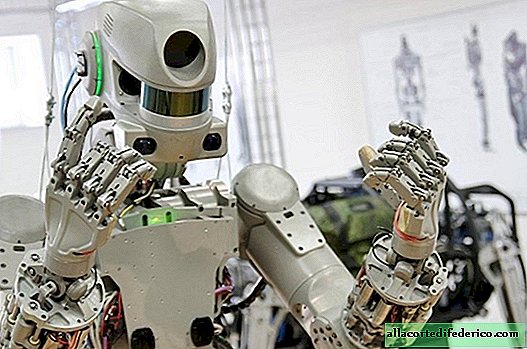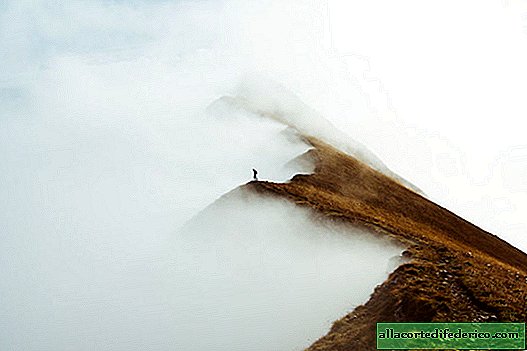Even scientists are against: the danger of the Large Hadron Collider
Last September, the Large Hadron Collider celebrated its tenth anniversary. Even at the stage of its design and construction, residents of nearby settlements, as well as some scientists spoke out against its existence. But if the discontent of ordinary citizens can be attributed to ignorance, then the warnings of eminent experts make you think. Why is this beloved brainchild of all the physicists of the planet dangerous?

The Large Hadron Collider (LHC) is located on the border of two countries, Switzerland and France, and the diameter of this structure exceeds 26 kilometers. This is the largest experimental scientific facility in the world, the creation of which was attended by more than 100 countries. Thousands of scientists are involved in the work of the collider, so this facility can fully serve as an example of close international cooperation of physicists from around the world.
The LHC is a huge accelerator of charged particles, on which experiments are carried out from the field of elementary particle physics. Despite all the assurances of employees working with the LHC, a number of reputable scientists believe that it is far from safe for our planet.

The main fears are associated with the emergence of a black hole - a region of space with colossal gravitational attraction. And even the employees of CERN (European Organization for Nuclear Research), who oversee the work of the collider, admit that the formation of microscopic black holes is quite possible, but at the same time they are reassured that they will be extremely unstable and will quickly disappear. However, a number of physicists, including the famous British scientist Martin Ries, believe that the development of a black hole can become uncontrollable and this will lead to the fact that the surrounding space will begin to draw into it.
In addition to black holes, as a result of the work of the Large Hadron Collider, stranglets, or straps, can occur. These are compressed objects with a large mass. Their main danger is that they can transform the surrounding matter and turn the planet into a superdense formation of small diameter.

Physicists working at the LHC assure that they are not doing any supernatural experiments, and everything that happens there can be compared with the effects of cosmic rays on our planet. And even Stephen Hawking believed that nothing terrible would happen due to the work of the collider.
Nevertheless, the risk of unforeseen situations still exists, because physicists have not guessed all the secrets of the universe. And it is no coincidence that before the launch of the LHC, a group of scientists filed a lawsuit in the European Court of Human Rights. Despite the fact that the lawsuit was rejected, publications on warnings related to the work of this grand experimental center regularly appear in the scientific community.


